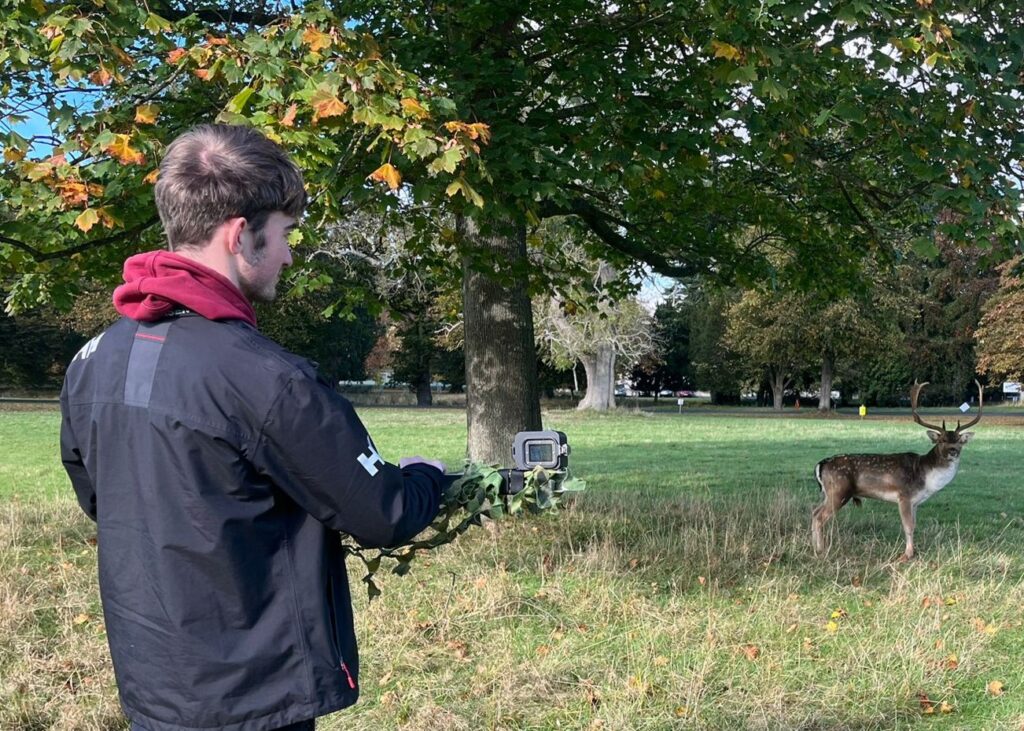
| Academic Year | 2024-2025 |
| jlepla01@qub.ac.uk | |
| Institution | Queen's University, Belfast |
Biography
School: School of Biological Sciences
Project: Investigating the role of social phenotypes in relation to bystander behaviour during fallow deer fights
Supervisors: Dr Domhnall Jennings & Dr Greta Bocedi
Undergraduate Education: BSc Marine Biology, Plymouth University
Postgraduate Education: MSc Biological Sciences, Plymouth University
Research: Fighting behaviour is a critical component of ecology, and contests between rivals is often the determining factor for securing valuable resources for survival. Fighting inflicts serious costs on those involved in terms of time, energetic resources, and the risk of injury that can sometimes result in death. To minimise this costs, fighters make attempts to assess the fighting potential of their opponents while also signalling their own via displays. Fighters can then make a more informed decision on whether or not to quit, and cease wasting their resources. Contests are often public displays, and in social groups it is possible for bystanding, non-fighting individuals to learn a great deal about their rivals simply by observing. In some cases, bystanders may even choose to intervene and disrupt an ongoing contest, however the factors leading to this decision are as of yet unknown.
By using the fallow deer (Dama dama) of Phoenix Park, Dublin, as a model species, we aim to investigate why individuals choose to interfere in ongoing contests, exploring differences in fighting ability and social dynamics between the parties involved. Using empirical data, we can test the assumptions of a range of existing models, and from this we will attempt to develop new theoretical models to explain how fighting behaviour influences behaviour on a wider scale, not just those competing with one another but also all of those around the contest.





















































